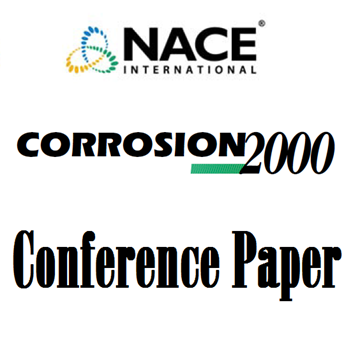Search
00671 ASSESSMENT OF SHORT TERM LABORATORY TECHNIQUES TO DEVELOP OFFSHORE CATHODIC PROTECTION GUIDELINES
Also Purchased
00672 RECENT ADVANCES IN OFFSHORE CATHODIC PROTECTION MONITORING
Product Number:
51300-00672-SG
ISBN:
00672 2000 CP
$20.00
00669 A STUDY ON THE EFFECTIVENESS OF EXTERNAL CORROSION CONTROL IN LAKE MARACAIBO
Product Number:
51300-00669-SG
ISBN:
00669 2000 CP
$20.00
00011 USE OF INTERNAL IMPRESSED CURRENT CATHODIC PROTECTION SYSTEMS FOR CO2 CORROSION CONTROL IN OFFSHORE SEPARATORS
Product Number:
51300-00011-SG
ISBN:
00011 2000 CP
$20.00




